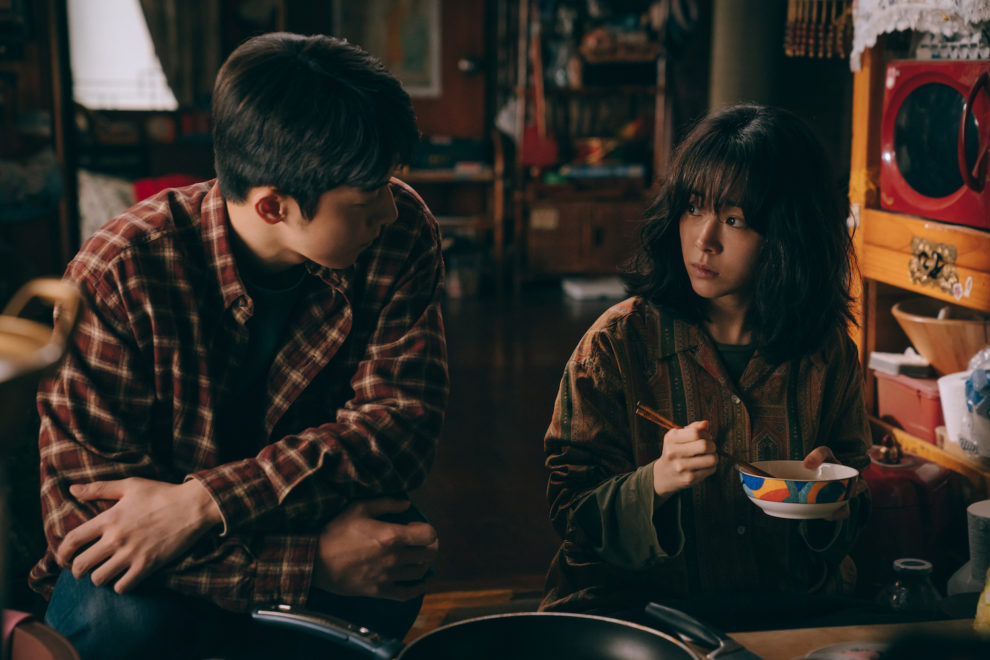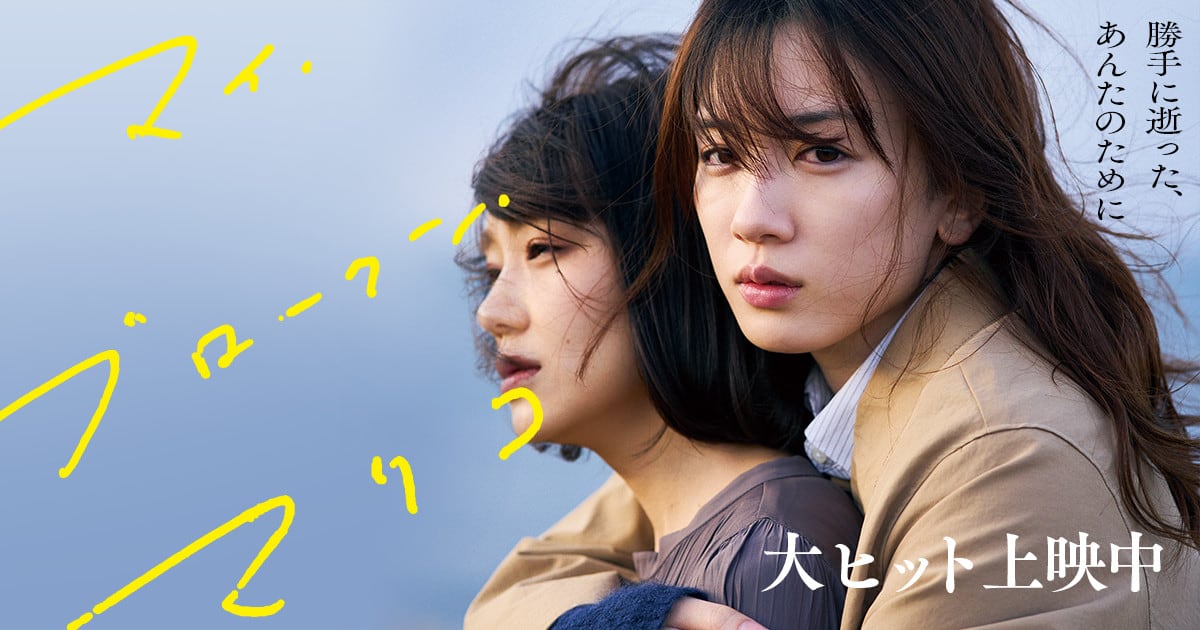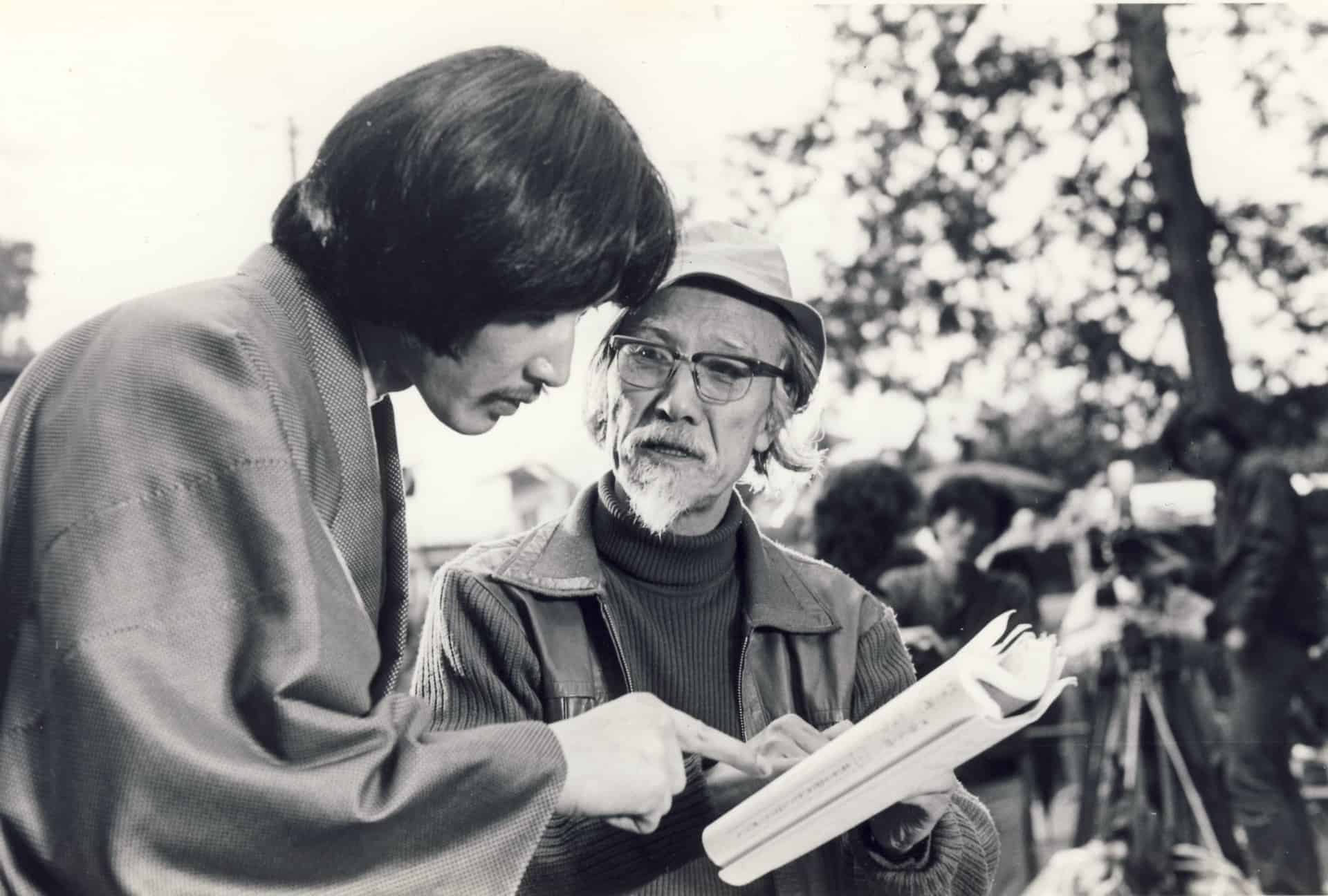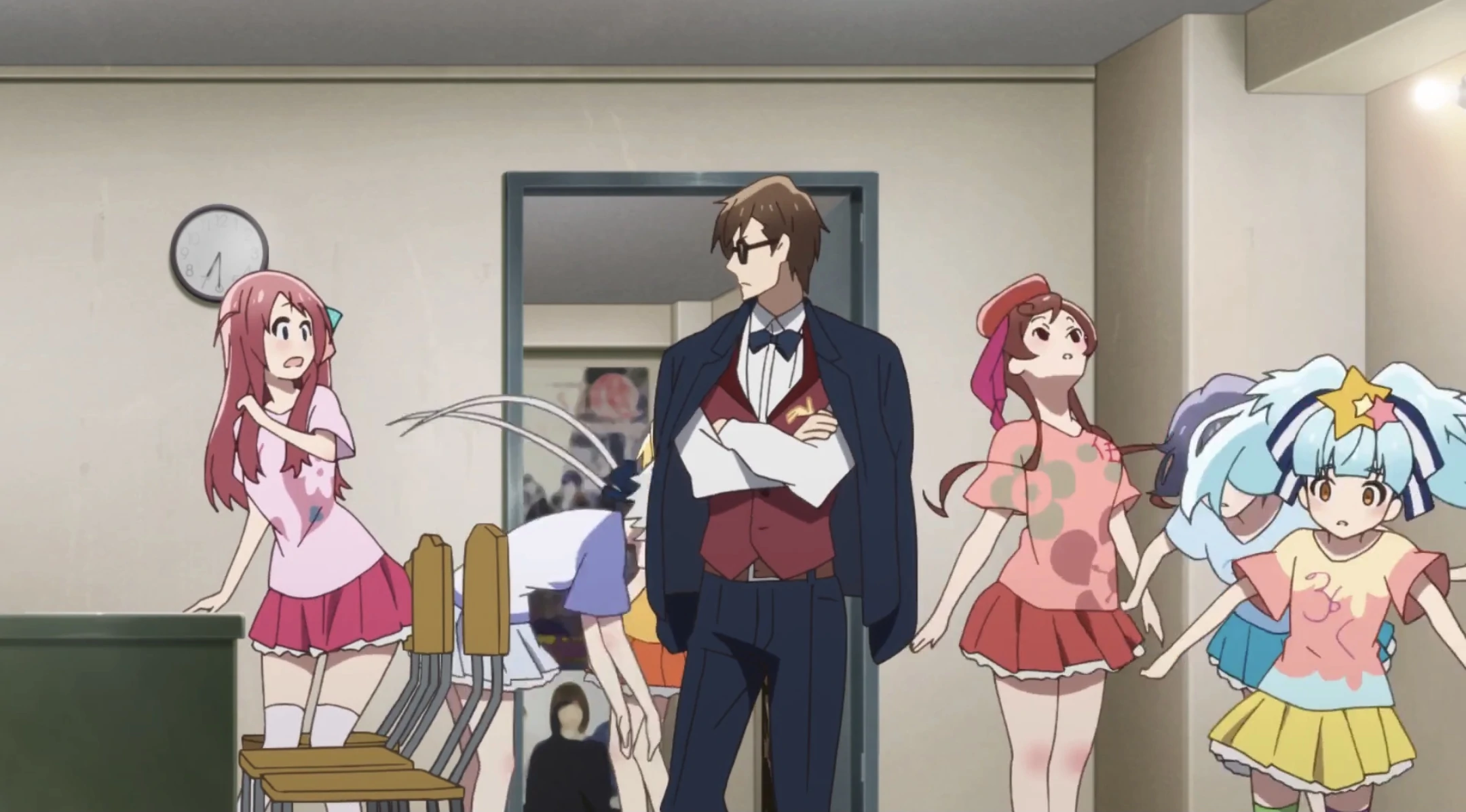Remaking highly regarded works is often a difficult, and occasionally a thankless task. It requires a level of staying true to the material it is based on, but nonetheless an original spin, and a narrative which takes the audience to a place it has not been to before. In that regard, “Josee”, the remake of the 2003 Japanese film “Josee, the Tiger and the Fish”, both of which are based on the award-winning short story of the same name, works to a degree, but in a similar fashion to a large portion of remodelled movies, fails to lack the ultimate punch that its predecessor so succinctly offered.
At the heart of the story are two characters of a similar age, but yet two people with completely contrary lives and perspectives. Firstly, there is Young-seok (Nam Joo-hyuk), a confident college student who takes things as they come, never really striving for perfection, but similarly discontent with letting things pass him by. Then, there is Josee (Han Ji-min), a disabled young woman who lives in almost accepted poverty, shielding herself from the rest of the world in a decidedly miserable existence. She lives off of discarded things, and rejects the help of the government in a bid to cut herself off from the unforgiving world she is so afraid of.
However, after the two characters meet, following an incident with a broken wheelchair, the stubborn, prickly temperament of Josee gives way to a warm, deeply affecting personality layered with past hurt and scars that have been allowed to manifest. Together, the two soon form an unlikely pairing, with Young-seok's happy-go-lucky, generally polite make-up beguiled by Josee's wilful inflexibility. Yet, a relationship born out of what appeared to first be pity eventually becomes something much more profound.
Generally, “Josee” is a thought-provoking, striking piece of cinema, one which bristles with poignance that steers adeptly away from hyperbole. The life of the titular protagonist is fascinating, with her self-entrapment a figure of both sympathy and frustration for the audience, and, in turn, Young-seok. She yearns for a life of comfort and relative ease amidst a picturesque Scotland, yet rejects whatever goodwill comes her way, and when a fleeting act of courage becomes of her, it more often than not results in a saddened regression back towards an all too comfortable mindset plagued by fragile sorrow. Kim's script depicts Josee as both her best friend and worst enemy, and it is in between those extremes where the film truly finds its footing as a moving, considered look at how we can weigh, and allow others to weigh, our existences down.
With that being said, “Josee” lacks an incisive, resolute ending which undoes the bulk of the two-hour task spent developing the two main characters. Instead, the time expended by building a kindred romance built on improbable compatibility is stripped of its climax, with proceedings jolting into a lazy time-skip which reveals the protagonists as being apart. Why exactly the couple parted is left starkly unclear, and aside from a quick scene in which Young-seok looks saddened by seeing his former-lover in a car, one has to decide for themselves the circumstances under which the break-up occurred. Kim's conclusion is weak at best, and mars an otherwise carefully produced, casually paced production.
Despite its flawed finale, though, the movie does excel in its proficient acting. Nam Joo-hyuk is particularly principled as Young-seok, giving his character little flair, yet still ensuring that the subtle mannerisms and understated ignorance of Young-seok does not go unnoticed. It is a solid step-up for the young actor into a more mature role, and his strong, kind-hearted depiction most likely ensures it will not be his last. In the same vein, Nam's former television co-star Han Ji-min is just as credible, with her deadpan conveyances a mark of a woman who has, despite her many fantasies, acknowledged her status in the lower-rungs of society. As a pairing, the two have sufficient chemistry too, in turn establishing the relationship as believable and when needed to be, robust.
Praise for the technical aspects must go to Jo Young-jik, who delicately handles the cinematography throughout. From the murky, doldrum nature of Josee's home to the brighter, more welcoming college setting, everything has a befitting texture to it, bringing with it a resonant life to the screen which allows the audience to better understand each bit of context. Jo's eventual image of Scotland, syringed with luscious green fields, old-fashioned architecture, and embracing winds is particularly stunning, with the wide-shots of the greenspace evoking calming emotions which compellingly contrast with the narrative.
In conclusion, “Josee” is a mellow, amiable film which, although loses its steam drastically towards its conclusion, still succeeds in delivering meaningful plot-points punctuated with competent acting. Retaining the integral tiger and fish imagery through metaphors rather than obvious messaging when Kim's narrative is at its fine-drawn best, this remake is undeniably compelling.















